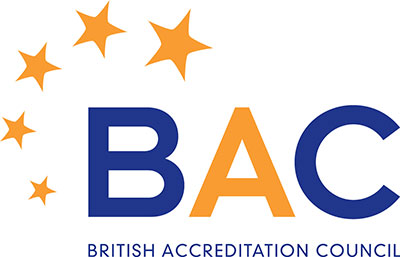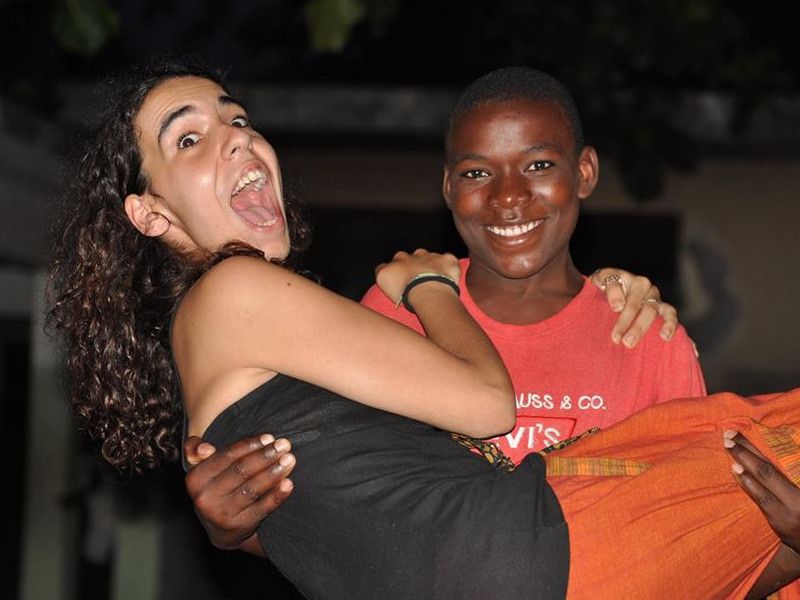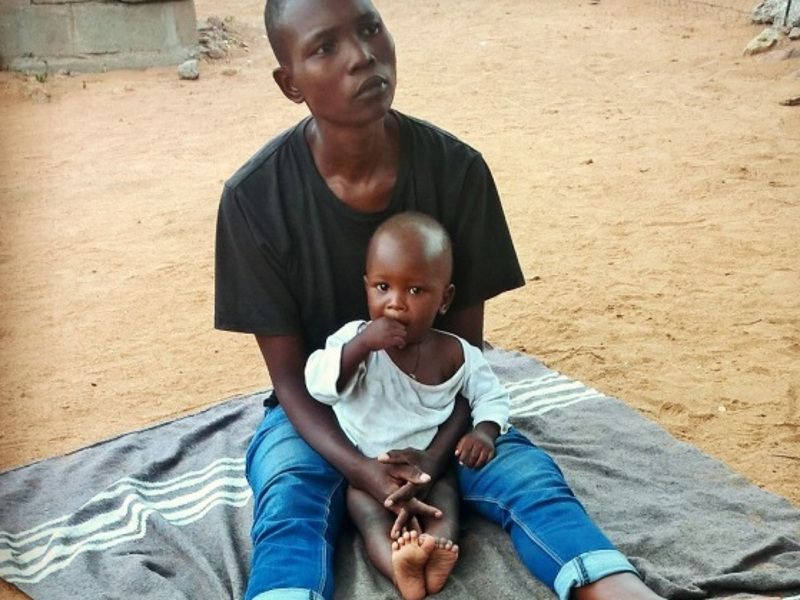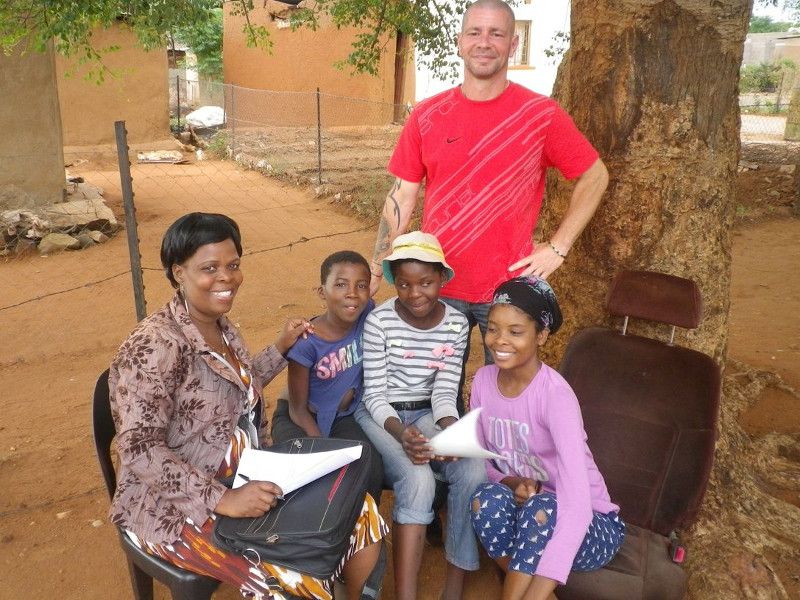Rafael (also known as Manuelito) told me his story a very warm evening in Children's Town, while we were sitting on a mattress on the floor with 3 of the youngest boys asleep. I’ve heard this story before, when I met him 2 years ago, but this time, as he was telling it my feeling of admiration for this young person was so big I asked him if I could write down his story to share with whoever wants to read and he said yes right away.
Rafael Bernardo Chambal is almost 17 years old, was born the 23-07-2000. Until he was 7 years old he was living only with his uncle. On a Sunday his uncle told him they were going for a walk as they often did. They went but not to the same places they used to. They went to Costa do Sol and stopped in a new place. His uncle went to a room to speak with someone and Rafael stayed outside waiting and watching some children playing.
By the time the uncle came out he went directly to the car and took out some luggage that was in the back of the car. He told Rafael “This is your new home” and just like that he left! Rafael says he remembers that day perfectly and he remembers staying on the steps of the entrance near the director’s office crying.
Until 2011 his uncle actually went to pick him up every weekend as well as for the holidays, but from 2011 he just stopped coming and he did not say goodbye.
In 2014 Rafael decided to find out about his uncle. He could still remember where they used to live very very clearly! He travelled there with a Development Instructor from CICD-UK. When they arrived there was another disappointment because his uncle had moved to another place and did not leave any contact at all. Unfortunately the only person who had a contact was the director who had been robbed, and with that the contact was lost.
Rafael tells his story with sadness in his eyes and he also says that it is the abandonment that bothers him - not understanding why and what did he do to deserve it.
So Rafael is in Children’s Town since 2007 and this place became his home and the other kids became his brothers and sisters. He is the one who says it, and he also says “ I’ve learned a lot, more than I know I did… I made many friends, and they gave me the opportunity to study ”.
Rafael completed the 10th grade and by the end of 2016 he graduated from a Construction Course that took him a lot of effort and dedication to finish! He says he wants to study more. To know more…
In his free time he likes to go around and see if there is anything to fix and he likes to build things. He also loves to spend time in the kitchen and honestly: he is a great chef!! Football is a passion and he is always very eager to learn new things!
I also asked him what his dream is and what does make him happy. He answered “ I am happy when I can do what I want and I am happy when I see the others (pointing to the young kids) happy… My dream is that the children have their rights and everyone has a family ”
Rafael also told me that he was quite misbehaved when he was younger, that he was angry many times and that he felt alone…. But he told me too that he decided to change because if he wanted a good life he was the one in need to fight for it. He said “I am actually lucky: I have a bed and meals and I can study… And we have lots of fun!!!”
So, this is Manuelito’s story. It inspired me a lot! And like him there is many other kids here in Children’s town. Life did not smile at them. They have no blood relation family. What this place (Children’s Town) did for him changed his way of seeing life and gave him hope. He is very grateful to be here, I am very grateful to him for sharing this with me and I am sure with the strength and good heart he has he can achieve whatever he sets his mind to do!






